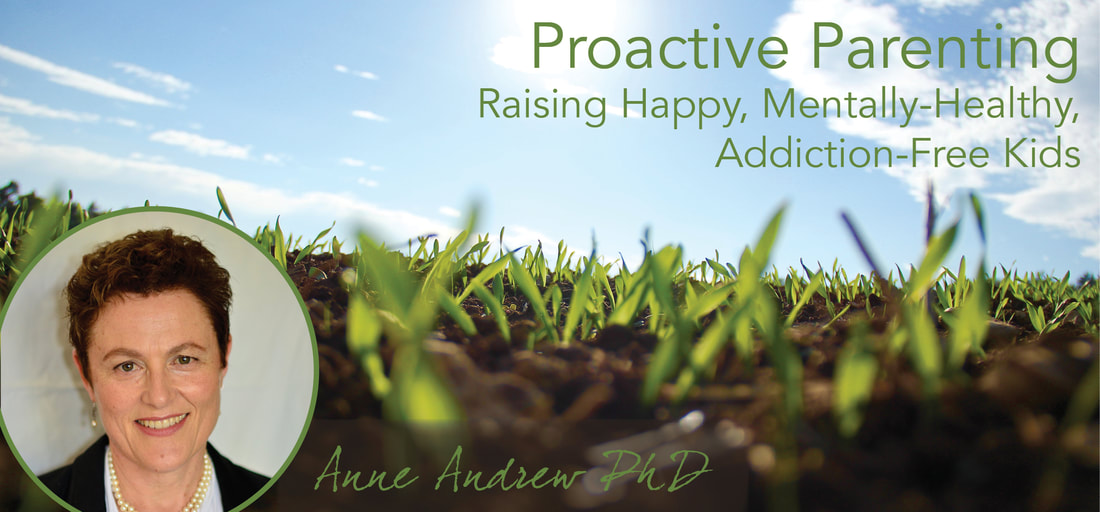|
As many of you know, if you have been to El Cielo or a Choose Again workshop, each day ends with gratitude. Around the dining table, everyone shares the things that they are grateful for or the people they are grateful to from the day - ending it on a high note. It feels terrific! Studies by psychologists and psychiatrists have concluded that grateful people
The things that we are grateful for are generally ‘in the form’ and as such cannot bring us happiness. However, the act of expressing gratitude puts us in touch with that loving part of our self, the part that feels joy and abundance – our higher Self, our inherently worthy self. That’s why it feels so good. Gratitude brings us into present awareness – the only time that is. I’ve noticed that it works like flipping a switch from negative to positive and we can even stop panic attacks in their tracks by pointing our minds to gratitude. Can you imagine if it were possible to stem the tide of increasing mental health problems in youth, just by adding a gratitude habit into our family life? It’s not so far-fetched given the boost in positivity that accompanies gratitude. Can we really afford not to do this? Just imagine if this simple, free, non-medical intervention could make the difference between plain sailing through the teen years versus struggles with eating disorders, addictions and depression. When we demonstrate gratitude to our children by expressing our own in detail “I’m grateful for the snow on the mountains today – it looks as if someone sprinkled icing sugar on them” we help them to maintain or regain their sense of wonder at the beauty of the world around them. The more I am able to express my “radical amazement” at the endless bounty of nature, the more our children will want to see, feel, touch and smell the roses. I’m hopeful that we may even be able to entice them to look up from their screens once in a while by being grateful role models. Parents who have implemented gratitude practices with their children report greater contentment, less whining, less jealousy and a lesser sense of entitlement in their kids. These traits indicate a healthier mindset and greater resilience, perhaps better able to negotiate the teen years. We have a tendency to like people who are grateful and so practicing gratitude regularly actually helps us to like ourselves. We move away from a feeling of lack and into a sense of abundance – our true state. There is a wonderful saying in the ethics of the fathers “Who is wealthy? One who is happy with what he has”. Gratitude is, therefore, the best “Get rich quick” scheme around. Lastly, if you make a list of New Year Resolutions – which Diederik would definitely say is a set up for failure – this year you may be lucky. If you add gratitude to the list, you may be able to keep that one about exercising more. Grateful people, it has been documented, exercise up to 33% more than all those ingrates. Imagine that! Get healthy – be grateful! Check out Anne’s blog at www.anneandrew.com for tips on how to develop a family gratitude habit.
0 Comments
Leave a Reply. |
Categories & Authors
All
Archives
November 2022
|
Read an independent evaluation of our program |
| ||||||
QUESTIONS? |
GET daily INSPIRATION TO YOUR EMAIL |


 RSS Feed
RSS Feed